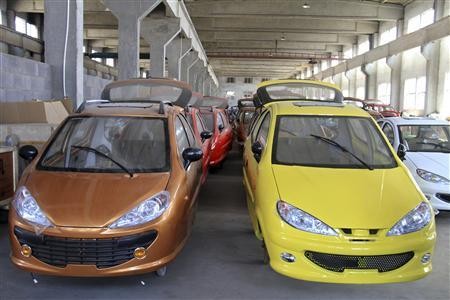As the electric vehicle (EV) market in China surges, local officials of the Beijing-Tianjin-Hebei region are eyeing to build more charging stations, according to a plan rolled out by the authorities on Aug. 1.
In a 21st Century Business Herald report, the government has seen the lack of such facilities as a constraint to optimum development of the said market.
In the plan, the Chinese capital received the most number of EV charging stations to be built, as the new energy vehicles are considered pivotal in the city's fight against air pollution.
Beijing aims to increase the sales of these vehicles to 170,000 in two years' time from the targeted 30,000 this 2015 and 60,000 in 2016.
This year, Guangzhou aims to reach an EV sales performance of 10,000 units, while Shanghai and Shenzhen have set a target of 13,000 and 35,000, respectively.
In Beijing, 5,091 units have already been sold for the first half of this year. In Shanghai, the figure was 14,547, an 888-percent year-on-year increase.
According to figures from local authorities, sales were lacklustre both in Shenzhen and Guangzhou.
As part of the government's efforts to have better sales performance, incentives such as free license plates, subsidies and tax exemptions are given to EV buyers.
However, China's EV market still has a long way to go, as analysts say, because of insufficient charging facilities.
In Shenzhen and Guangzhou, for instance, the number of EVs on the roads are still relatively fewer because of underdeveloped charging infrastructure, the report added.



























